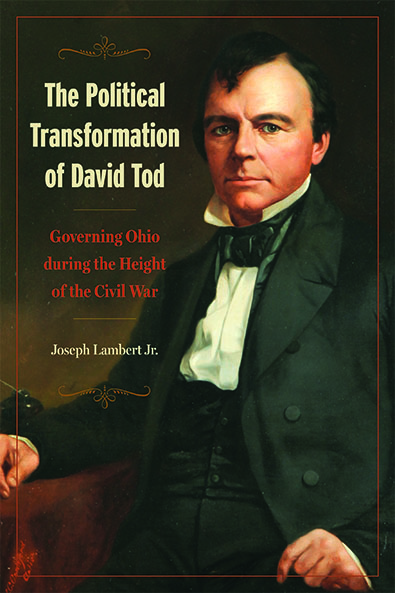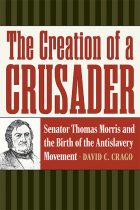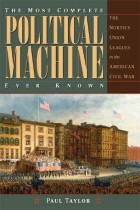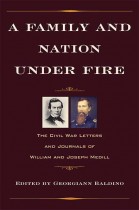The Political Transformation of David Tod
Governing Ohio during the Height of the Civil War
Recent Releases, Regional Interest, U.S. History, Understanding Civil War HistoryJoseph Lambert Jr.
Before his election to the state’s executive office in 1861, David Tod was widely regarded as Ohio’s most popular Democrat. Tod rose to prominence in the old Western Reserve, rejecting the political influence of his well-known father, a former associate justice of Ohio’s Supreme Court, a previous member of the Federalist Party, and a new, devoted Whig. As a fierce Democratic Party lion, the younger Tod thrilled followers with his fearless political attacks on Whig adversaries and was considered an unlikely figure in the battle to keep the Union intact. However, the Civil War and the serious consequences of its potential outcome came to outweigh his loyalty to the Democratic Party. Placing the restoration of the Union above all else, Tod eagerly shed his partisan identity to take up the Union cause. As governor, he quickly pledged Ohio’s support to the nation’s leader, President Abraham Lincoln. Tod rallied Ohioans to support the war and equipped scores of physicians and nurses with medical supplies to tend to Ohio’s wounded soldiers. He also had to protect the state’s borders from invasion by developing defenses at home. Despite his patriotic service, partisan politics and political intrigue denied Tod a second term. The Political Transformation of David Tod chronicles Tod’s unwavering support for the Union and describes the importance of one politician’s loyalty to country over partisanship. Joseph Lambert Jr. is the coauthor of First Citizen: The Industrious Life of Joseph G. Butler, Jr. A former research associate at the Ohio History Connection’s Youngstown Historical Center of Labor and Industry, Lambert has been a healthcare administrator for nearly three decades.





